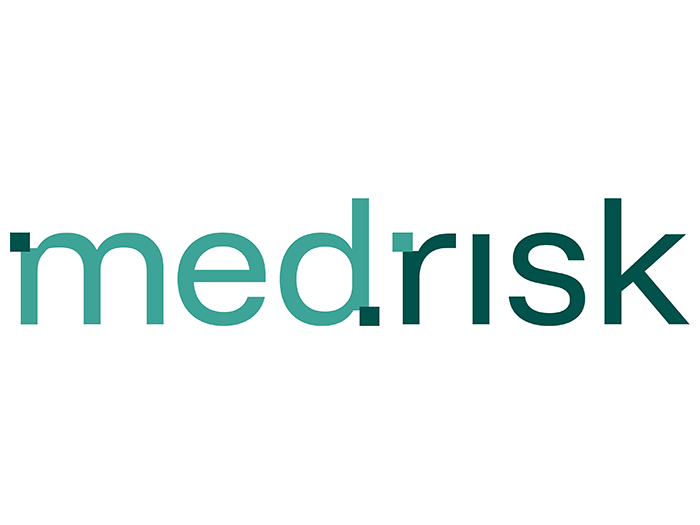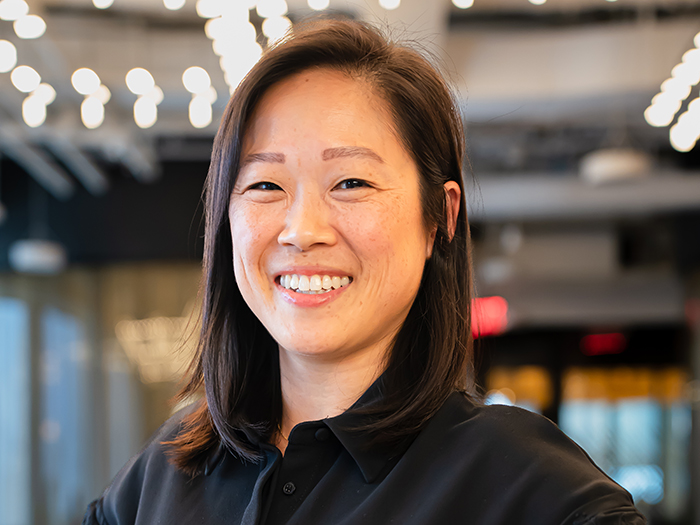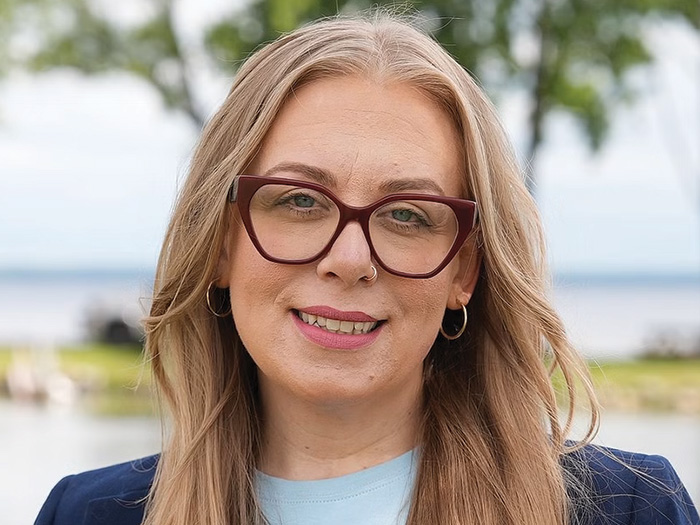Great Leadership in Excess and Surplus Is Essential, According to These Under-40 Professionals

Just as water will find its own level, the WSIA panel billed as a forum on leadership was a much more wide-ranging discussion.
The panel was held on Sept. 16 during the virtual 2020 WSIA Annual Marketplace. Hosted by WSIA’s U40, a group made up of E&S professionals under the age of 40, this panel of industry executives shared their thoughts on how to be most successful and impactful as organizational leaders.
The theme that emerged organically was that the broader insurance sector has shown remarkable strength despite near-biblical pandemic, wildfire, flood and recession.
The panel was in agreement that a diversity of background and experience has been essential in their individual careers and also at their companies for surviving — even thriving — in difficult days.
Headwinds and Tailwinds
Amid all the bad news, Davis Moore, chief executive officer of Worldwide Facilities, LLC, and vice president of WSIA, suggested that “this has been a year of both headwinds and tailwinds. The industry is facing something between $25 billion and $200 billion in losses from the pandemic. That is falling particularly on surplus lines. We know that many of our insureds have been forced to close their doors.”
There has also been a heavy impact on carriers and wholesale operations in workers’ compensation, he added.
“The current situation reminds me of the aftermath of Hurricane Rita in 2005,” said Gerald Dupre, Jr., president of specialty property insurance at Hallmark Financial Services. “Hurricane Laura came ashore over Lake Charles [Louisiana], which was unfortunate for that community. The landfall was between two more populous areas to the east [New Orleans] and west [Houston], so we won’t see the widespread devastation in those sectors.”
There was also a sigh of relief off shore. “There were $55 billion worth of oil rigs bracing for losses from Laura,” Dupre added. “In the event, it was not too bad.”
He also noted that it is still hurricane season and still wildfire season in the west. “The seasons seem to be running longer than normal,” Dupre noted.
The most important tailwind that Moore cited is that “we are seeing rate adequacy in many lines for the first time in a while. There is also an inflow of admitted markets and significant opportunities for growth.”
Wendy Houser, regional president at Markel concurred: “There are certainly struggles in the small transactional businesses. We are seeing cancellations and requests for return of premium. But we are also able to see rates that we have not seen in years. Some brokers are seeing double-digit growth.”
It’s a Business of People
Josh Ammons, senior vice president at AmWINS Brokerage, and WSIA U40 past president credited the people in the trenches. “Our clients on the retail side are doing a great job of retaining business.”
“I am starting down a renewal that is going be something like a 20% increase on a seven-figure premium,” Ammons said. “As I was preparing for that, I was also asked by the same client for some idea about how the 2021 renewal might look.
“Earlier in my career I would have been very uneasy about how to tell the client that. At this point, the next renewal is likely to be another 15% to 20%,” he continued. “I would have been afraid that they would just call someone else.”
Instead of the client picking up the telephone, Ammons did. “I’m comfortable calling colleagues, and even competitors — people who I know from my time in the industry and I have met at events — and talking with them before giving the answer to the client.”
Where Leadership Can Grow During Turbulent Times
The panel concurred that individuals and companies have done remarkably well in adapting technology to carry on despite a global public-health disaster. That said, Ammons expressed concern about the loss of interpersonal interaction.
“I know who I know, but I don’t know who I don’t know,” he noted ruefully. “I miss the industry conferences where we have a chance to meet and interact. We’re all proud that we have not skipped beat in our businesses, but I wonder about the newer people who are being sheltered in terms of their interactions around the industry.”
Elissa Kelly, associate vice president at Nationwide E&S/Specialty said that “issues such as those are not always easy to see. It is important to show leadership, not just in working remotely and getting things done, but also in setting the tone at the office when we go back.”
Houser added that insight flows both ways. “Reverse mentorships have been important in keeping me on top of trends.”
Why Good Leaders Are Focused on Recruitment and Developing Talent
Hiring and development are about patience, said Ammons. “It takes time for new people to acquire the technical knowledge necessary to get deals done. A broker’s career is like a hockey stick: It goes along straight and level for years, then just takes off. I encourage people to stay patient, but hungry.”
Houser said the same principle applies to underwriting. “An underwriter may not see the clients for 8 to 10 years. We want our underwriters to be aggressive when it makes sense to be, but not too aggressive in meeting [sales] targets to put the book [of business] or the company at risk.”
Moore extended that logic. “We ask our associates to be specialized, but to grow opportunities you need to broaden your experience. That will increase your value to yourself and to your employer.”
Kelly added, “I started as a claims adjustor in general liability. I urge anyone hiring to focus on diversity, including the balance of hiring for potential versus hiring for expertise.”
Ammons is now at a large property office in Charlotte, North Carolina, after several years in New York. Houser began her career at a small managing general agent before moving into brokerage.
“I was a biology/pre-med major who did not like sick people,” said Dupre with a laugh, “so I went into insurance.”
Like medicine, though, “insurance is a practice,” he said, “it is based on experience. When we start in underwriting we learn to take and check the boxes. Ten years later, we know which boxes are important.”
The panel reflected that they were all fortunate to be in this business. “My first job as a young broker was with the St. Paul under Carl Drake,” Dupre recalled. “He told me, ‘you are choosing a career in a very sustainable industry. During the Depression no one in insurance lost their job.’
“What we do is 90% common sense and 10% technical capability,” said Dupre.
To emphasize how that common sense is always present, he related a story from early in his career: “I was on a date to one of the trendier spots, and as we walked in, I noticed that there were no sprinklers and only one exit. I said to my date that we had to go. I declined that risk. Now my date declined further dates, because I was too paranoid, but that was part of the risk.” &








